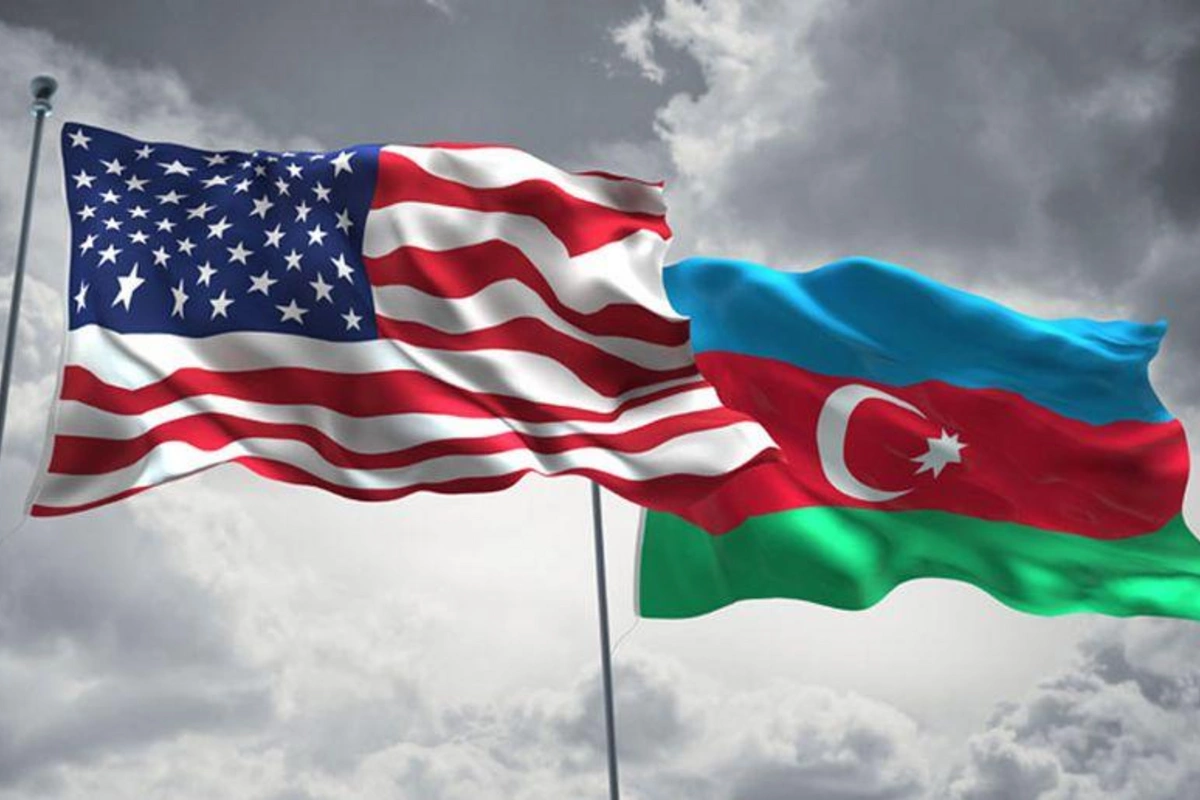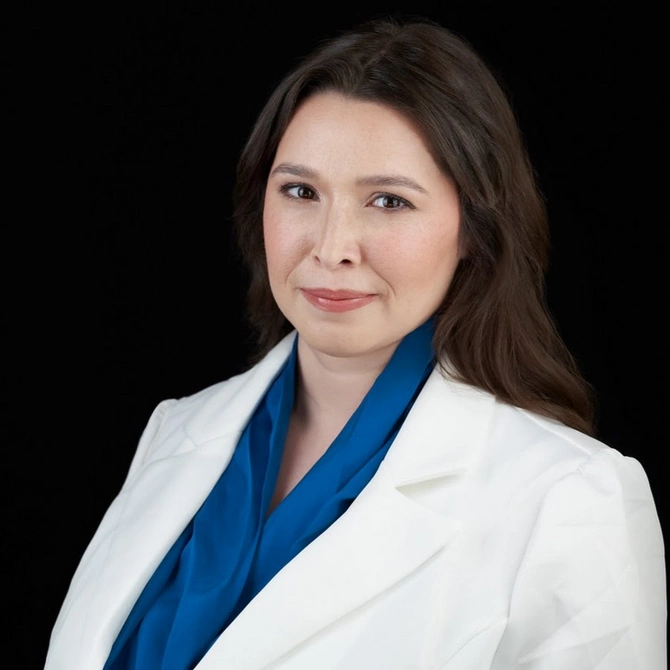
Google images
The Caspian Post presents an interview with the American expert in international law and political commentator, Irina Tsukerman.
- What are the key strategic interests of the United States in the South Caucasus region? Can it be assumed that Washington views this region as a potential tool to exert geopolitical pressure on Russia and Iran?
- The key U.S. interests in the South Caucasus include maintaining peace and stability in the region, particularly by facilitating a peaceful agreement between Azerbaijan and Armenia. A significant focus is placed on limiting the influence of actors such as Russia, Iran, and China. An important direction is the development of energy cooperation with Azerbaijan, including the transfer of Azerbaijani oil to Israel, a U.S. ally.
The United States also aims to strengthen the national sovereignty and territorial integrity of Georgia, as well as to renew defense cooperation between NATO and the Azerbaijani Armed Forces. Particular importance is given to expanding collaboration in energy transition, scientific research, high technology, education, agriculture, and other areas. These efforts are designed to enhance the U.S. presence and promote democratic values in the region.

American expert in international law and political commentator, Irina Tsukerman
- Are there any signs or actions from the U.S. that could be interpreted as preparations to destabilize the region, including possible arming and support of specific forces in the South Caucasus?
- The Biden administration, as it nears the end of its term, is primarily focused on addressing key international issues, such as securing a ceasefire between Israel and Hamas and delivering the remaining Congressional aid to Ukraine. As a result, it is unlikely that the administration will take active measures in the South Caucasus beyond its current policies during its final days in office.
In contrast, the Trump administration has so far shown little interest in engaging in military activities. Trump has repeatedly emphasized his commitment to peace, minimizing U.S. involvement in international conflicts, and preventing new crises during his leadership. His policy in the South Caucasus is likely to focus on balancing economic and diplomatic efforts without engaging in provocations or destabilizing actions. However, should third parties attempt to destabilize the region or pose a threat of renewed war, Trump would likely be forced to intervene to prevent escalation.
At the same time, it is improbable that the Trump administration would actively interfere in Georgia's political situation, considering the composition of his cabinet, which, if confirmed by the Senate, would likely avoid involvement in conflicts perceived as "internal." Even in the case of active Russian participation in such processes, the administration would probably adopt a stance of non-interference.
- How can regional states and international organizations counter the risks of turning the South Caucasus into a conflict zone if such intentions indeed exist among external players, including the United States?
- I believe there is no reason to assume that the U.S. is interested in militarizing the South Caucasus. Such claims are most likely the result of external disinformation aimed at undermining regional cooperation.Russia, seeking to maintain its influence in the region, has concentrated its efforts on strengthening its position in Georgia and complicating Azerbaijan's engagement with the U.S. On the one hand, it provides financial and political support to Armenian lobbyists in the U.S. through figures like Vardanyan, closely linked to the outgoing Democratic Party. On the other hand, it is increasingly shifting its focus to former Democrats and some Republicans.
Against the backdrop of a new political reality, in which the U.S. administration is determined to strengthen partnerships, especially with key allies, it is crucial to avoid destructive influences and foster constructive dialogue. Opportunities for such cooperation are only expanding, making it all the more important to counter external attempts to undermine mutual trust.
Share on social media